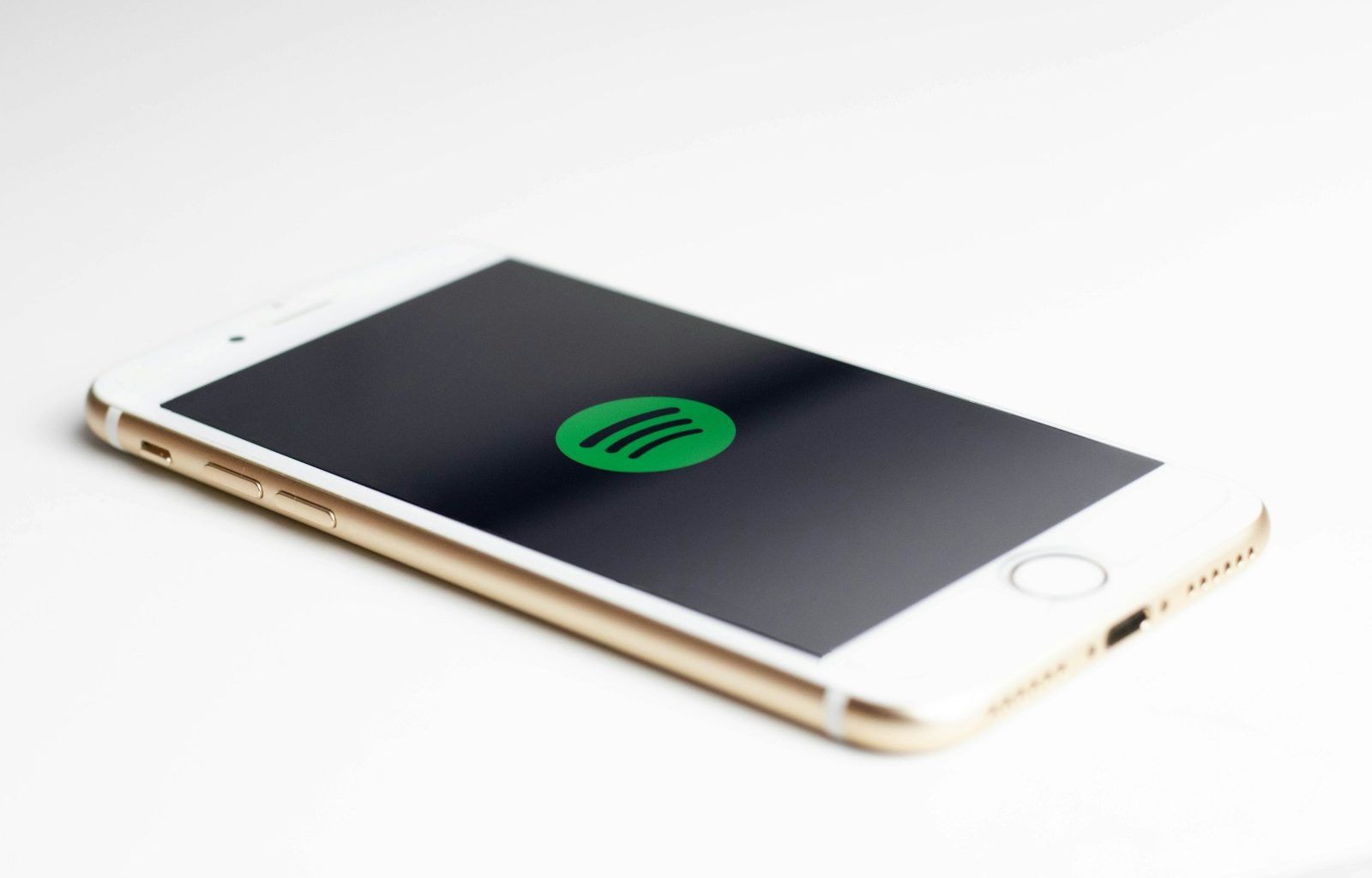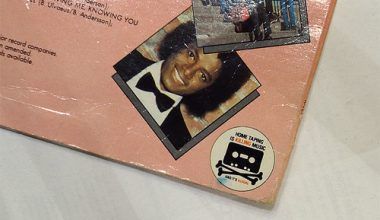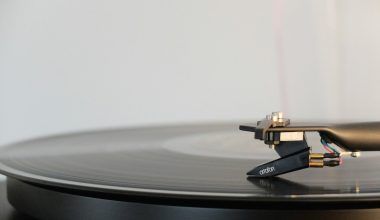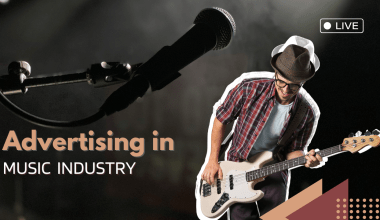If you’re an artist or musician, you’ve probably thought about earning money from streaming platforms. With Spotify being one of the largest music streaming services in the world, understanding royalties from Spotify can help you make the most of your music. But how does it all work? How much money can you actually earn? Don’t worry! We’ll break everything down in this blog so it’s easy to understand.
What Are Royalties from Spotify?
Before we dive deep into the details, let’s understand what royalties actually are. When someone plays your song on Spotify, you earn a tiny portion of money. This payment is known as royalties. It’s basically your income as an artist for the music you’ve created and shared on the platform.
Spotify pays these royalties to you through a process called streaming royalties. Every time a listener streams your song, a fraction of a cent is earned, which adds up over time.
But how are these royalties calculated? And why are the payments so small? These are common questions, and we’ll answer them as we go.
How Spotify Royalties Work: The Basics
To earn royalties from Spotify, your music first needs to be uploaded to the platform. Most artists do this through a music distributor. These companies act as the middlemen, uploading your music to platforms like Spotify, Apple Music, and others.
Here’s a simple step-by-step process:
- Create your music: Record, mix, and master your song.
- Choose a music distributor: Platforms like DistroKid, TuneCore, or CD Baby can help you upload your music.
- Listeners stream your music: Each time someone plays your song for at least 30 seconds, it counts as a stream.
- Royalties are calculated: Spotify calculates how much you earn based on total streams and its royalty structure.
- Get paid: Your distributor will collect the royalties and pay you.
It sounds simple, right? But there’s more to it.
Spotify calculates royalties based on its pro-rata system. That means your earnings depend on your total streams in comparison to the total streams of all artists on Spotify. If your music gets more streams, you earn more. However, you’re essentially competing with millions of artists for a piece of the pie.
How Much Can You Earn in Spotify Royalties?
This is the question most artists are curious about: How much can you actually earn from Spotify? The short answer is that it depends.
On average, Spotify pays artists between $0.003 and $0.005 per stream. That might sound shockingly low, and it is. To put it in perspective:
- 1,000 streams could earn you around $3 to $5.
- 1,000,000 streams could earn you between $3,000 and $5,000.
The amount you earn per stream varies depending on factors like:
- The country of the listener
- Whether the listener has a free or premium account
- Your record label’s cut (if you’re signed to one)
For independent artists, these numbers might seem small at first. But with consistent effort, streaming royalties can add up over time.
Why Do Royalties from Spotify Seem So Low?
A lot of artists wonder why Spotify pays so little per stream. The answer lies in how Spotify distributes its revenue.
Here’s the breakdown:
- Spotify’s total revenue: Spotify earns money through premium subscriptions and ads from free users.
- Label and publisher agreements: A large portion of Spotify’s revenue goes to major record labels, publishers, and rights holders.
- Artist payouts: What’s left gets split between artists and songwriters.
Spotify has millions of users, but it also has millions of artists. With so much music being streamed, the payment per stream gets smaller.
How to Maximize Your Spotify Royalties
Now that you understand the basics of royalties from Spotify, let’s talk about how you can maximize your earnings. Here are a few tips to help you:
1. Release More Music
The more songs you release, the more opportunities you have for streams. Try to keep a steady release schedule, whether it’s singles, EPs, or full albums.
2. Promote Your Music
You can’t rely on Spotify alone to find listeners. Use social media, email lists, and music blogs to promote your music. Create engaging content on platforms like Instagram, TikTok, and YouTube.
3. Pitch to Spotify Playlists
Spotify playlists are a game-changer. Getting your song onto popular playlists like Discover Weekly or New Music Friday can skyrocket your streams. Use Spotify for Artists to pitch your music directly to editors.
4. Engage Your Audience
Build a loyal fan base by connecting with your audience. Respond to their messages, share behind-the-scenes content, and involve them in your music journey.
5. Collaborate with Other Artists
Collaboration is a great way to reach new listeners. Work with artists in similar genres to cross-promote each other’s music.
Independent Artists vs. Signed Artists: Who Earns More?
One question that often comes up is whether independent artists or signed artists earn more in royalties. The answer isn’t always straightforward.
- Independent artists: If you’re not signed to a label, you keep most of your royalties. However, you’ll have to handle all the promotion and distribution yourself.
- Signed artists: Record labels take a percentage of your royalties in exchange for handling marketing, distribution, and support. While this can lead to more streams, your earnings are shared.
If you’re starting out, staying independent can be a good way to keep control over your earnings. As you grow, you can decide whether signing with a label makes sense for you.
Final Thoughts: Are Royalties from Spotify Worth It?
Earning royalties from Spotify might not make you rich overnight, but it can be a steady income stream over time. By consistently releasing music, engaging your audience, and promoting your work, you can grow your streams and earnings.
Remember, every big artist started small. Even if your first songs get a few streams, keep going. Over time, those small wins add up to something bigger.
If you’re passionate about your music, Spotify can be a great platform to share your art and get paid for it. Stay patient, keep learning, and keep creating.
For further reading, explore these related articles:
- Streamline Lyrics: Simplify Music for a Better Experience
- What Does Mixing a Song Mean? A Complete Beginner’s Guide
For additional resources on music marketing and distribution, visit DMT Records Private Limited.






